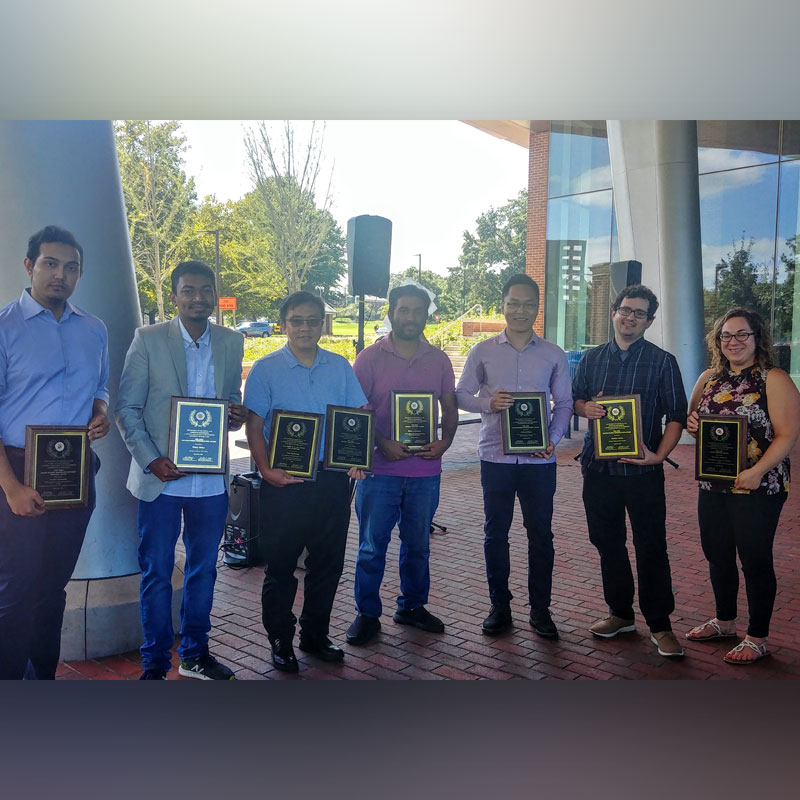News Story
ECE Junior, Elijah Taeckens, co-authors paper accepted into IEEE Conference

Elijah Taeckens, an ECE junior in Electrical Engineering, has co-authored a paper with Professor Sahil Shah. The paper, titled “A Biologically Plausible Spiking Neural Network for Decoding Kinematics in the Hippocampus and Premotor Cortex”, has been accepted into the 11th International IEEE Engineering in Medicine and Biology Society (EMBS) Conference on Neural Engineering taking place in April 2023. Taeckens was aided in his research by Ryan Dong, a student at Montgomery Blair High School in Silver Spring, Maryland.
According to the National Spinal Cord Injury Statistical Center, approximately 17,810 new SCI cases occur each year in the United States. Additionally, there are approximately 294,000 people living with SCI in the U.S. alone. These individuals often have limited mobility or function and are in need of assistive devices such as prosthetic limbs, wheelchairs, and other technologies to help them perform daily tasks and regain their independence.
BMIs are a promising technology that can help individuals with SCI by allowing them to control prosthetic limbs with their mind, restoring motor function to paralyzed limbs, and even allowing for communication with external devices through the power of thought. However, one of the main issues in the field of BMI development is power consumption, which could cause any implantable BMI chip to become too hot and damage the patient's brain.
Elijah's work in the field of Spiking neural networks could lead to more power-efficient BMIs, making them safer and more practical for use in real-world scenarios. This has significant potential to positively impact the lives of people with SCI, as well as those with other disabilities. The development of efficient and reliable BMIs can help individuals with disabilities to regain their independence, improve their quality of life, and allow them to contribute to society in meaningful ways. A preprint for this conference has been uploaded here for more information.
This work was partly funded by the Maryland Technology Enterprise Institute’s (Mtech) A Scholar's Program for Industry-Oriented Research in Engineering (ASPIRE) program, which seeks to broaden the educational experience of undergraduate engineering students through direct involvement in real-world engineering projects. Elijah's work on spiking neural networks earned him the Outstanding ASPIRE Student Research Award.
Published March 15, 2023










